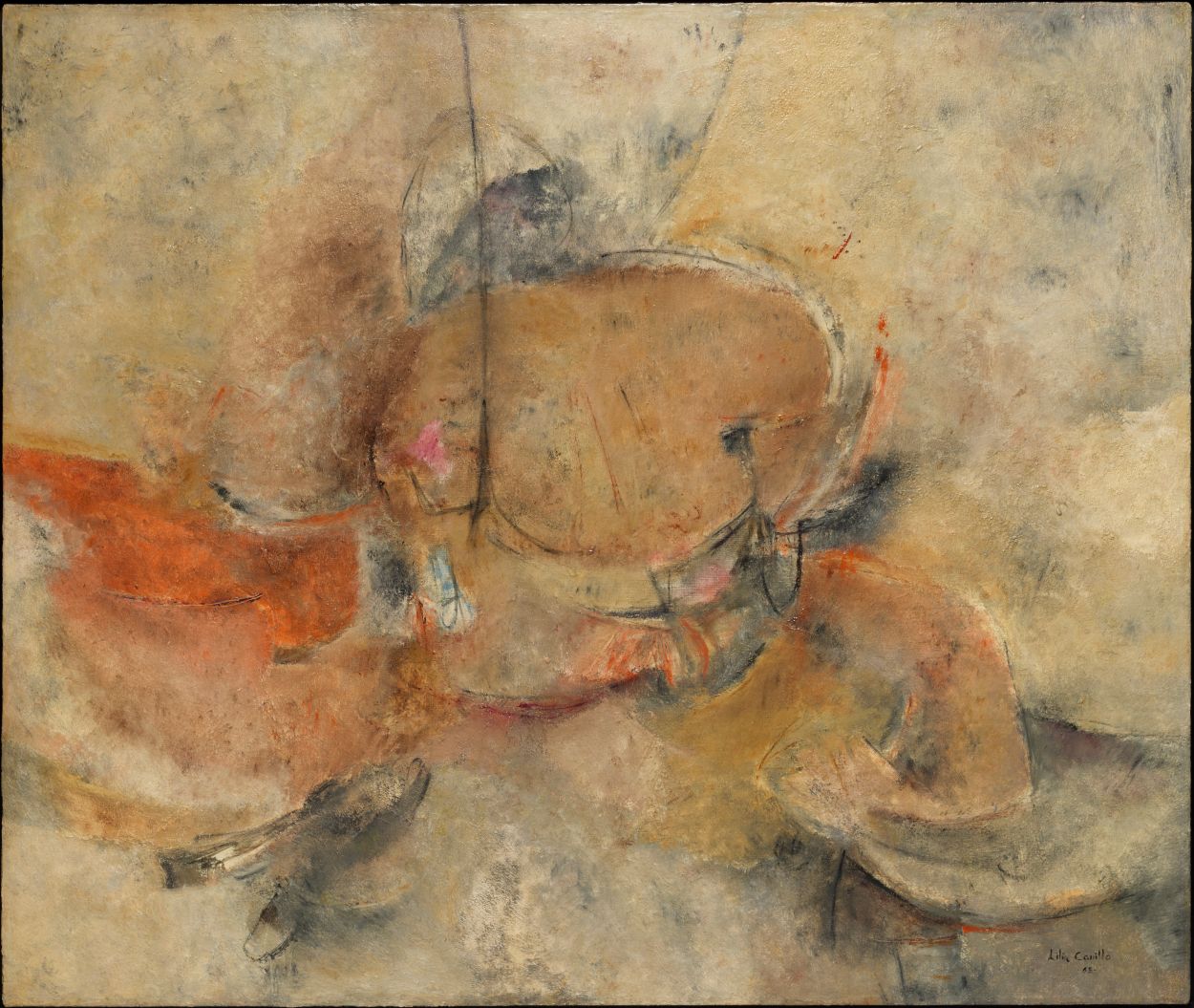International Cast of Composers Breathe New Life into Eighteenth-Century Music
International Cast of Composers Breathe New Life into Eighteenth-Century Music
Three composers explain music written about an eighteenth-century Peruvian codex, in works premiered at Americas Society in April 2013.
Earlier this year, Americas Society commissioned an international and intergenerational group of composers to write pieces inspired by music from an eighteenth-century Peruvian codex. The nine-volume work by Peruvian bishop Baltasar Martínez Compañón contains 20 pieces of vocal and instrumental music the bishop heard during his travels throughout the Andean country. On April 7, 2013 the International Contemporary Ensemble performed the premiere of these pieces for voice, oboe, clarinet, violin, guitar, harp, and percussion by Du Yun (China/United States), Alvin Lucier (United States), Paulo Rios Filho (Brazil), and Aurelio Tello (Peru/Mexico). The composers shared their perspectives about their music which debuted at Americas Society.
Composer DuYun on Your eyes are not your eyes
When oral tradition music is transcribed, re-intereprated, everything gets very murky. A representation, even an attempt of evoking such representation wrestles with inherent mayhem, chaos, and struggle.
Your eyes are not your eyes. Your eyes are never your own eyes. Everything we see is with a soft-focused lens, even the most conflicted one, is altered and manipulated to the creator’s will. The thing we see is almost Instagrammed. I think I am interested in just some simple mantras. Something going back to the bare thread. The pilgrimage starts with a field recording that our violinist Jennifer collected on her many trips to Peru. We will have her lead us to this landscape. The piece then migrated to other styles influenced me at the time of creating—a Malinese N’goni, a Sufism Shehnai, a Mongolian heart sutra. All of them have one thing in common: because I resonate with them ineffably. It possibly is a subversive thing to say in today’s culture, that the artist does not have a clear reason, that she does it just because so. Perhaps I do think, and wish to believe, most music was created in such way at the very beginning, without any taint of politics, colonialisms, post-colonialisms, pre-colonialisms...and many other ideologies.
Massive thanks to Jennifer Kelso Curtis for her inspiration. Thank you to Sebi for opening the door for me. The title is a phrase abridged from Rumi’s poem, You are not your eyes.
Composer Alvin Lucier on Codex
Codex, for voice and five instruments, is based on the first six tones of Lanchas para baylar, Codex Martinez Campañon, Folio 186, (ca. 1682-1685) from the Codex Trujillo del Peru, rendered in modern notation by Sebastian Zubieta. Throughout the performance the six tones, which form a cluster, are rearranged in various ways.
Composer Paulo Rios Filho on TransColonização
Consider welcoming in your heart the image of a native shepherd, crouched while giving birth; the child that falls on the grass; the flock, which in turn grazes the same grass without any particular shock right behind her.
Try to keep your faith in the impetus of the Bishop, who decides not only to visit his new bishopric in these colonial lands, but also to take notes of his visit, creating an illustrated proto-ethnography of the types, the habits, the picturesque scenes, of the festivities and music of the people from northern Peru in the eighteenth century. Take into consideration the Quechua language which resists, whose death is a source of concern at the same time that it explodes in ever-growing content on the Googles of the world. Think about opening yourself to the fruit of a mind that was dominated for months by the violent, growing idea of sounds that interlaced, loved each other, and conflicted with one another; by confusing stories of desires beautiful and ahead of their time, by sentences in foreign languages, by remote tales and by the very violence behind it all. I cannot think that there is not a single political trace in my music making if I send you, from Brazil, this sound-letter that seems to try to colonize your ears (and your imagination) for a few minutes. This very same sound-letter has been colonizing me for several months now me, who considered myself its intrepid conqueror!
Before the sounds themselves, there were the images from the Codex; Peru and its music. My head populated by a world of objects that had never entered my horizon of possible subjects...
TransColonização is a great harmonic progression built from the analysis of recordings of two speeches in Quechua and one in Spanish. In Quechua: a Peruvian friend (not a speaker of the mother-tongue of Andes) stumbling through a didactic text from a children’s book, and Google Translator’s Spanish voice reading (almost) perfect pronunciation of sentences taken from comments on YouTube videos. In Spanish: I, who don’t speak Spanish at all, reading the end of an allegorical Peruvian story about the Spanish invasion. It is also an allusion to the geography of Peru (jungle, mountains, and coast), as well as the result of my own fascination with the story of the Codex. In a more fantastic level, it is an essay about violated languages, rituals, and liberties. Posthumously, it is the allegory of the positive violence of expansion of multivalent ideas under the form of the cohabitation of multiple micro-colonizations experienced in non-traumatic ways, within the mind and creative capacity of each of the participants of tonight’s event: composer, performer, audience, and sound.








